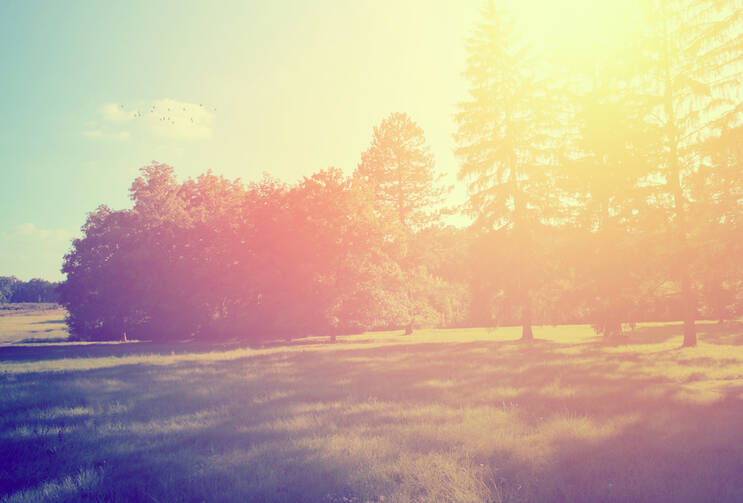The stillness that descends upon campus during the summer months always prompts reflection about the year just completed. An examen commences: What can we change? What do we need to improve? What were the high points and low points? What are the issues, both new and old, that Ignatian educators must reflect upon to get better at their craft? What programs and practices, strategies and frameworks, must be discarded or adopted to be faithful to the 460-year old tradition of Jesuit education?
Over the next few days I'll be reflecting upon some of these issues, and I invite readers to weigh in as well, especially if you're on faculty or staff at a Jesuit school. But before I get into details, I want to focus the conversation by returning to the foundation of Jesuit education and all Jesuit ministries, specifically to the Spiritual Exercises and the "First Principle and Foundation." What follows is a more modern version, with inclusive language, but it fairly represents the original. According to Ignatius:
The human person is created to praise, reverence, and serve God Our Lord, and by doing so, to save his or her soul.All other things on the face of the earth are created for human beings in order to help them pursue the end for which they are created.It follows from this that one must use other created things, in so far as they help towards one's end, and free oneself from them, in so far as they are obstacles to one's end.To do this, we need to make ourselves indifferent to all created things, provided the matter is subject to our free choice and there is no other prohibition.Thus, as far as we are concerned, we should not want health more than illness, wealth more than poverty, fame more than disgrace, a long life more than a short one, and similarly for all the rest, but we should desire and choose only what helps us more towards the end for which we are created.
As we contemplate the issues that need consideration, the above is our starting point. Radical detachment and indifference -- not apathy or lack of concern, but rather, a freedom from "inordinate attachments." We begin by recalling the Ultimate, and we proceed from here. How do we begin to reflect upon the year past and the year ahead when we filter our reflections with this first principle?








